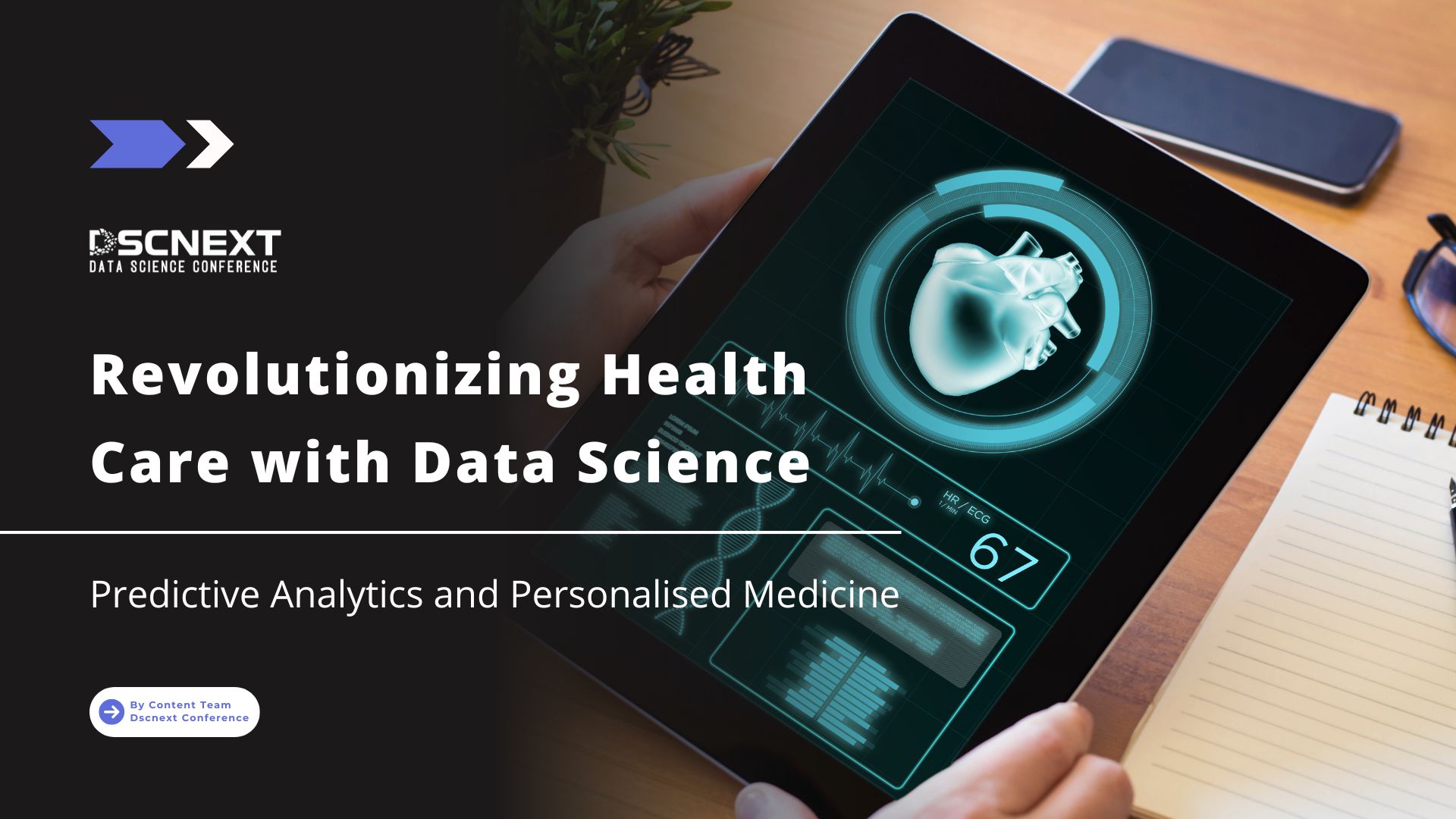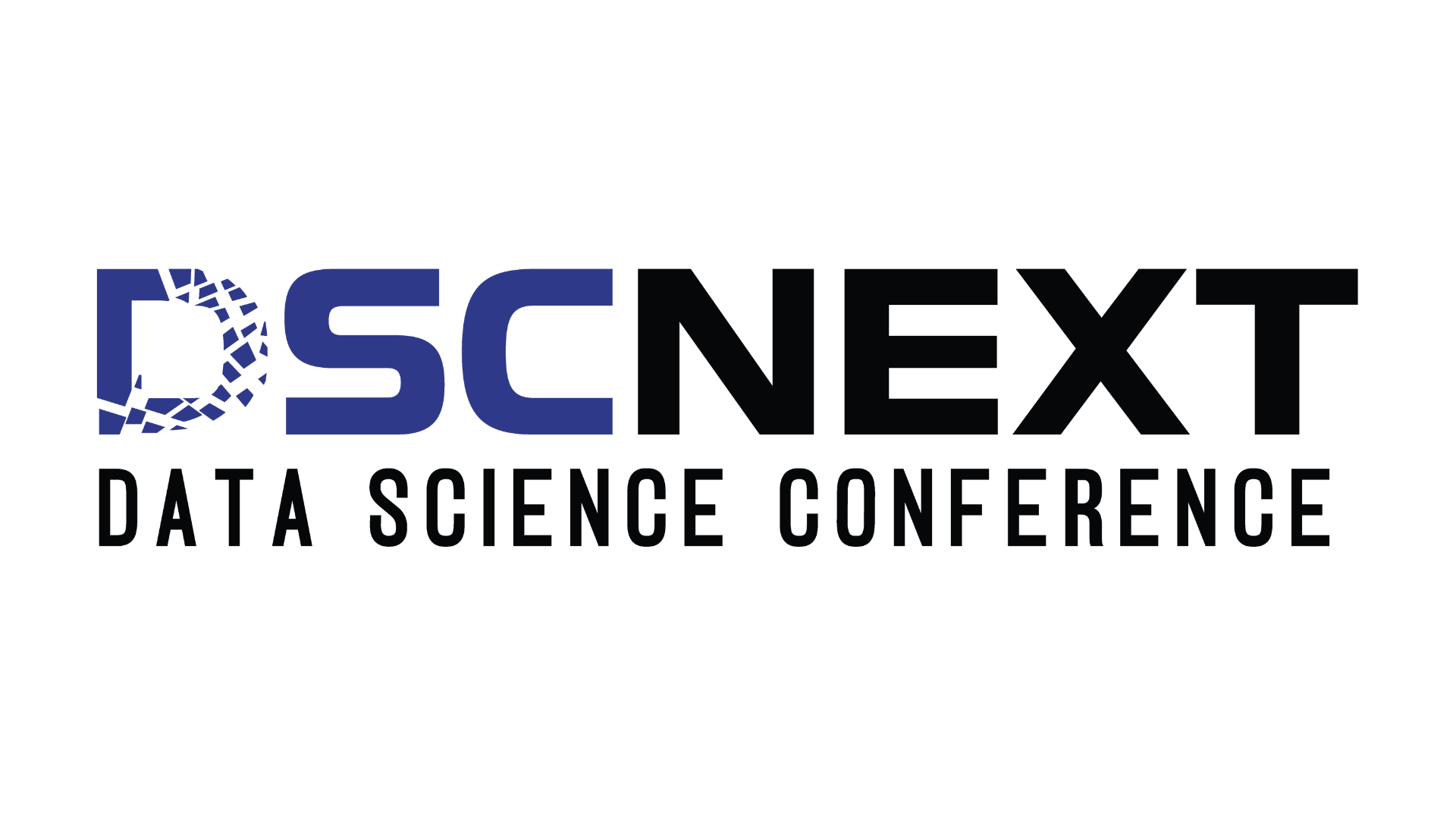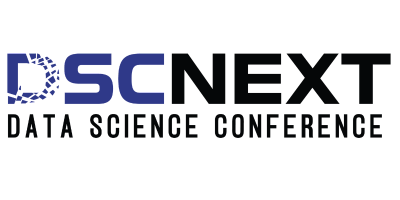
The landscape of health care is undergoing a transformative shift, driven by advancements in data science. Predictive analytics and personalized medicine, two of the most significant breakthroughs, are at the forefront of this revolution. They promise to make health care more efficient, precise, and tailored to individual needs. As the integration of data science in health care deepens, we are witnessing a paradigm shift from reactive to proactive care, where the focus is on prediction, prevention, and personalization.
Role of Data Science in Health Care
Data science, an interdisciplinary field that combines statistics, machine learning, and domain expertise, has found a natural home in health care. The sector generates massive amounts of data from various sources—electronic health records (EHRs), medical imaging, genomics, wearable devices, and more. Data science enables healthcare professionals to extract meaningful insights from this data, ultimately improving patient outcomes.
Predictive analytics is one of the key tools in this transformation. By analyzing historical and real-time data, predictive models can forecast future health events, such as disease outbreaks, patient deterioration, and treatment responses. These predictions allow for earlier interventions, which can save lives and reduce healthcare costs.
On the other hand, personalized medicine uses data science to tailor medical treatment to individual patients. Unlike the one-size-fits-all approach of traditional medicine, personalized medicine considers the unique genetic makeup, lifestyle, and environment of each patient. This approach is more effective in treating diseases, especially complex ones like cancer, as it identifies the most suitable treatment based on individual characteristics.
Revolutionizing Health Care with Data Science: Innovations and Inventions
Data science is revolutionizing health care in several ways, with a range of innovations and inventions already in play:
1. Genomic Sequencing and Personalised Medicine: Advances in genomics, powered by data science, have made it possible to sequence an individual’s entire genome quickly and affordably. This information is crucial for personalized medicine, as it helps identify genetic predispositions to diseases and enables the design of targeted therapies. For example, in oncology, treatments can be tailored based on the genetic profile of a patient’s tumor, significantly improving survival rates.
2. Wearable Technology and Remote Monitoring: Wearable devices like smartwatches and fitness trackers collect vast amounts of health data, including heart rate, sleep patterns, and physical activity. Data science algorithms analyze this data to provide real-time health monitoring and early warning systems for conditions like arrhythmias or sleep apnoea. This technology is particularly beneficial for managing chronic diseases such as diabetes, where continuous monitoring can prevent complications.
3. Predictive Modelling for Disease Outbreaks: Predictive analytics has been instrumental in forecasting disease outbreaks, such as influenza and, more recently, COVID-19. By analyzing data from multiple sources, including social media, travel patterns, and climate data, predictive models can anticipate outbreaks and help prepare healthcare systems to respond effectively.
4. AI in Radiology and Imaging: Artificial intelligence (AI) and machine learning models have shown remarkable success in analyzing medical images for early disease detection. For instance, AI algorithms can detect breast cancer in mammograms with greater accuracy than human radiologists in some cases. This not only enhances diagnostic accuracy but also speeds up the process, allowing for earlier intervention.
5. Natural Language Processing (NLP) in EHRs: NLP techniques are being used to extract valuable insights from unstructured data in electronic health records. This includes patient notes, doctor’s observations, and medical histories. By converting this data into a structured format, data science makes it easier to identify trends, predict patient outcomes, and personalize treatment plans.
Examples of Data Science in Health Care
1. IBM Watson for Oncology: IBM Watson uses AI and data science to provide oncologists with evidence-based treatment options. By analyzing vast amounts of clinical data, Watson can recommend personalized treatment plans for cancer patients. In several cases, Watson has identified treatment options that were not considered by human doctors, highlighting the potential of data-driven medicine.
2. 23andMe: This consumer genetics company uses data science to offer personalized health reports based on an individual’s DNA. The service provides insights into an individual’s genetic predisposition to certain diseases, helping users make informed health decisions and discuss preventive strategies with their doctors.
3. Google’s DeepMind Health: Google’s DeepMind has partnered with the NHS to develop AI tools that can predict acute kidney injury (AKI) up to 48 hours before it occurs. By analyzing patient data, the AI can alert doctors to take preemptive actions, potentially saving lives.
4. Foundation Medicine: Foundation Medicine is a leading company in personalized medicine, offering genomic profiling for cancer patients. Their tests analyze the genetic alterations in a patient’s tumor and match them with targeted therapies, providing a personalized treatment plan that maximizes the chance of success.
What to Expect in the Future
The future of health care, powered by data science, looks promising. As the technology evolves, we can expect even more sophisticated predictive models and personalized treatments. Some future trends include:
1. Integration of AI in Surgery: AI-assisted surgeries are expected to become more common, with robots performing or assisting in complex procedures with unprecedented precision. These systems will be driven by data from previous surgeries and patient-specific data to optimize outcomes.
2. Expansion of Personalised Medicine: The concept of personalized medicine will expand beyond genetics to include microbiomics (the study of the gut microbiome), metabolomics (the study of metabolic processes), and other “omics” fields. This holistic approach will enable even more precise treatment options tailored to each patient’s unique biological makeup.
3. Enhanced Patient Participation: With data science tools becoming more accessible, patients will play a more active role in their health care. Personal health apps and platforms will allow individuals to track their health data, access predictive insights, and engage in shared decision-making with their doctors.
4. Global Health Monitoring: Advances in data science will enable global health monitoring systems capable of predicting and managing pandemics more effectively. By integrating data from various sources worldwide, these systems can provide early warnings and coordinate global responses to emerging health threats.
Data science is undoubtedly revolutionizing health care, making it more predictive, personalized, and proactive. The integration of predictive analytics and personalized medicine is enabling more precise diagnoses, tailored treatments, and better patient outcomes. While the journey is still unfolding, the impact of data science on health care is already profound, and its future potential is immense.
As these technologies continue to evolve, we can look forward to a healthcare system that is more responsive to each patient’s unique needs, ultimately leading to healthier populations and more efficient care delivery. The future of data science is bright, with AI at its core, driving the next wave of technological innovation. Companies that invest in data science will be better positioned to navigate the complexities of the modern world, make informed decisions, and achieve long-term success.
Embark on a groundbreaking journey at the inaugural Data Science Next Conference May 7-9 2025, in Amsterdam by NBM, where pioneers and visionaries will gather to chart new territories in data science. As a debut event, this conference offers an unparalleled opportunity to be among the first to explore fresh perspectives, engage with cutting-edge methodologies, and contribute to shaping the future of the field.
Designed for those eager to push boundaries and spark innovation, this event promises to ignite your curiosity and provide the foundational insights needed to navigate the evolving landscape of data science. Join us as we set the stage for the next era of data-driven innovation.


